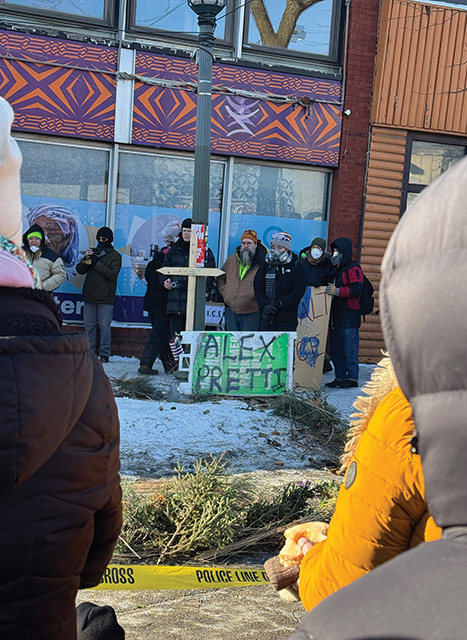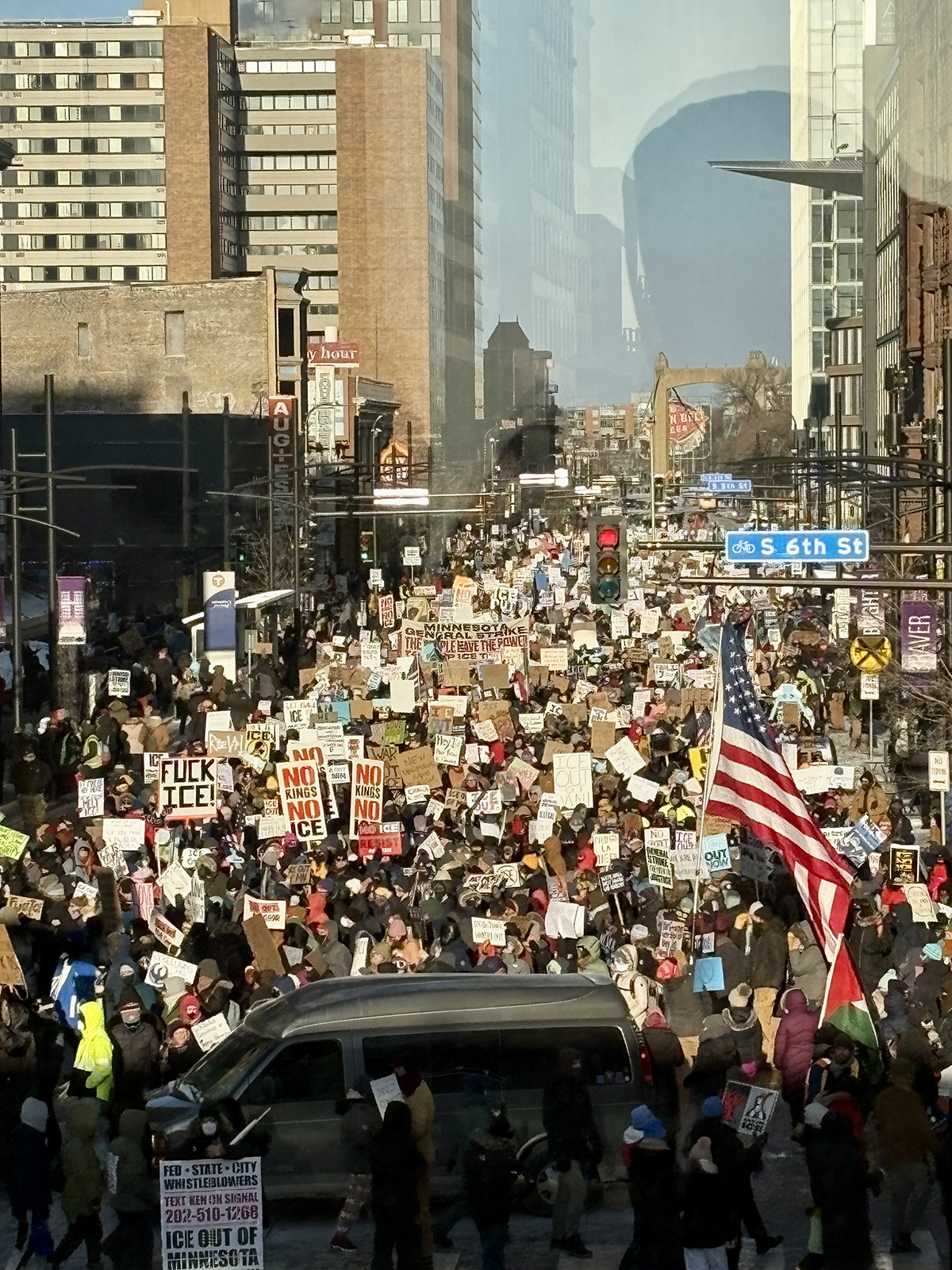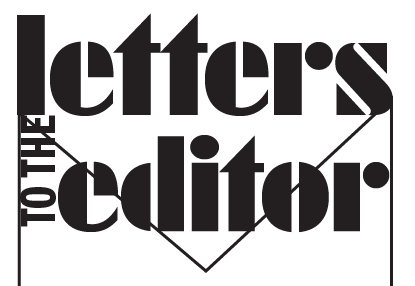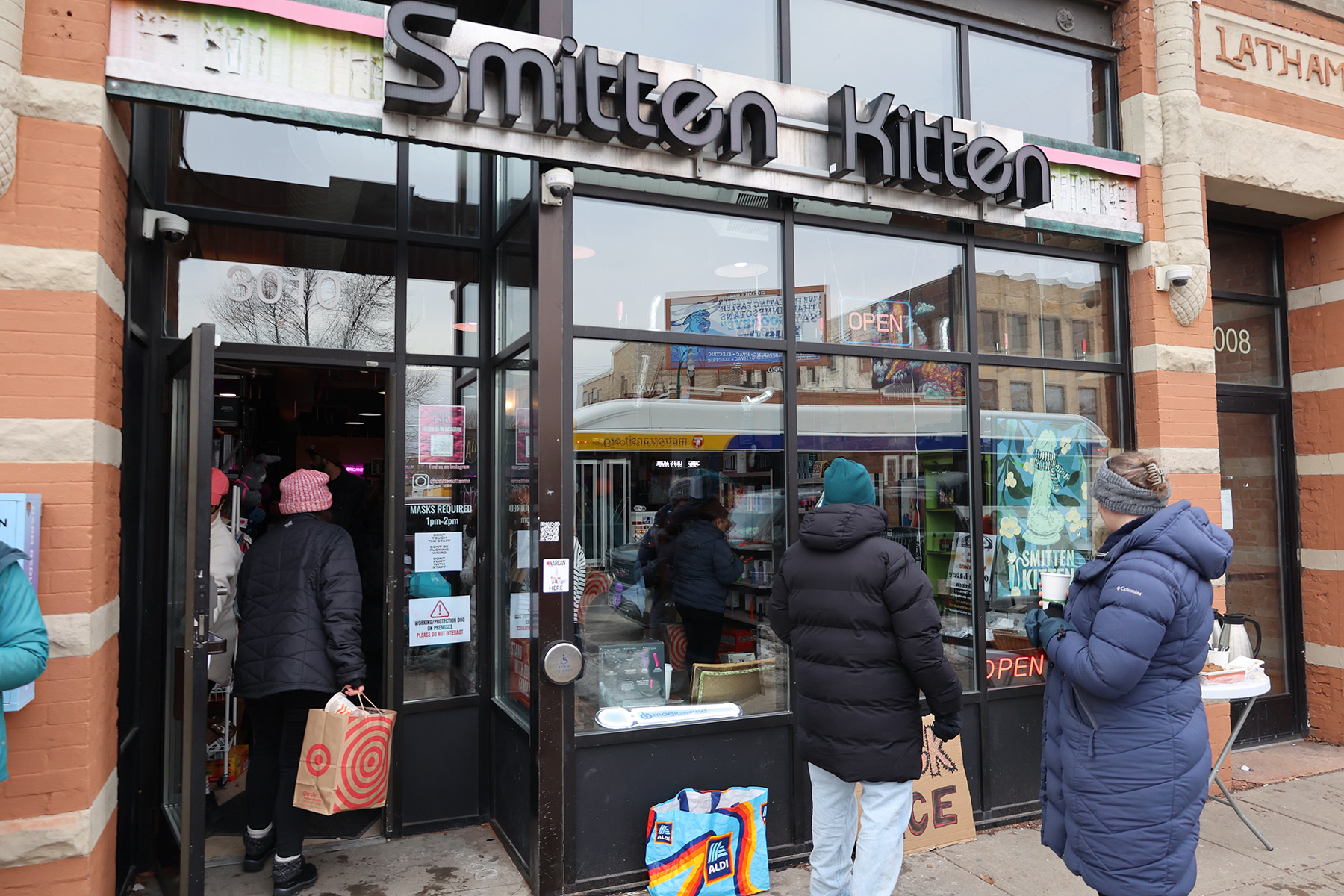As Hill & Lake Press goes to press, the City is smarting under a court order to pause implementation of the Minneapolis 2040 Comprehensive Plan until it complies with state environmental law.
The 20-year plan, passed in 2018, calls for city-wide, broad-brush up zoning on the theory that it will promote housing density as an environmental and housing equity strategy. The first such project of this magnitude in the U.S., the measure received much attention in the national press.
But three local environmental groups — Smart Growth Minneapolis (SGM), the Audubon Chapter of Minneapolis and Minnesota Citizens for the Protection of Migratory Birds, say the plan is flawed in a way that will work against its own environmental goals.
The City failed, they claim, to identify the serious environmental impacts that would accrue over 20 years as a result of the new zoning policy.
“We repeatedly asked the City to conduct an environmental study to inform the plan with science—just as Seattle and Moorhead did,” says Rebecca Arons, SGM’s executive director. “We told them it would improve the plan, help them meet its goals. We pointed out the obvious benefit of using science to inform this massive project. We promoted a well-thought-through vision in which environmental and equity strategies, such as multi-family housing, work together.“
But the City refused, so in December 2018, the groups filed suit under the Minnesota Environmental Rights Act (MERA).
The City’s case: exemption from the law
In court, the City relied on a single argument: that the plan was exempt from MERA’s requirements. That argument was eventually shot down by the Minnesota Supreme Court, which returned the case to District Court Judge Joseph Klein.
Klein, who noted repeatedly in his decision that the City had mounted no substantive environmental defense, ordered it to either do a study or come up with “an affirmative defense” as to why it should not.
In the meantime, he said, the City is enjoined from implementing the zoning and land-use features of the 2040 plan (projects allowed under the 2030 plan can proceed).
The City is asking the court to lift the injunction because it poses a financial burden: Builders, whose projects the City greenlighted even though the lawsuit was pending, may sue.
The City claims there is no need to study what the cumulative effects will be of 20 years of increasing density as allowed by the plan—it should be sufficient to study individual projects. The environmentalists counter that the City has set the threshold for triggering an environmental impact study of an individual project so high—1,000 unattached or 1,500 attached units— that as a practical matter it would hardly, if ever, be reached.
Finally, City attorneys say the environmental study requirement shouldn’t apply to the plan because the plan shouldn’t be taken at face value. Even though its land-use strategy is designed to produce 150,000 new residential units in the next 20 years, they claim it will be “centuries, millennia” before a build-out of that magnitude will actually occur and trigger the need for a study.
The Met Council and two other environmental groups have asked the court for permission to file amicus briefs supporting the City. Their requests propose to focus on the environmental goals of the 2040 Plan, but not the need to identify the environmental effects of a project that would incrementally — but massively—alter the face of the city.
The plaintiff’s case for science
In court, the environmentalists built their case on an Initial Environmental Analysis conducted by Sunde Engineering.
The analysis concluded that Minneapolis 2040 “largely ignored the identification of environmental impacts that are likely to occur as a result of the plan.”
Using standard industry methods and data absent from the Minneapolis 2040 Plan, Sunde explained how increased impermeable surfaces will produce more runoff, contaminant load, erosion and greater flooding potential.
Sunde said this will further stress the city’s aging sewer system, already at capacity in some areas of the city, and introduce more pollution into the lakes and Mississippi River. The analysis cited other impacts that also deserve study, including reduction of the tree canopy, degraded air quality, increased noise, light and glare.
Arons says density cannot be a successful environmental and equity tool if it is used indiscriminately, without focus and intention. “It’s not a one-size-fits-all solution you slap over a city and call it good. It needs to fit particular circumstances. Minneapolis isn’t Seattle or San Francisco. We have our unique topography, tree canopy, the Chain of Lakes, and we’re situated at the head of one the great rivers of the world. We also have specific infrastructure that must be considered—for example, our century old stormwater system that has pretty much reached capacity.”
“Far from opposing the plan’s goals,” says Arons, “our coalition is committed to achieving them. We are working to make sure the 2040 Plan reflects good science—not merely good intentions.”
The Sunde analysis and more information about the environmental lawsuit can be found at SmartGrowthMinneapolis.org.






